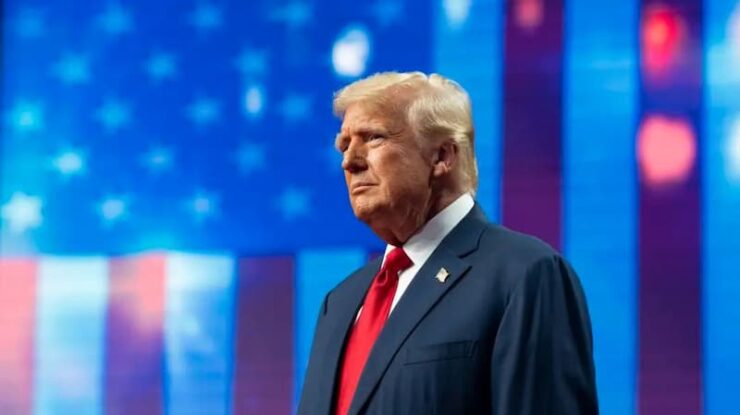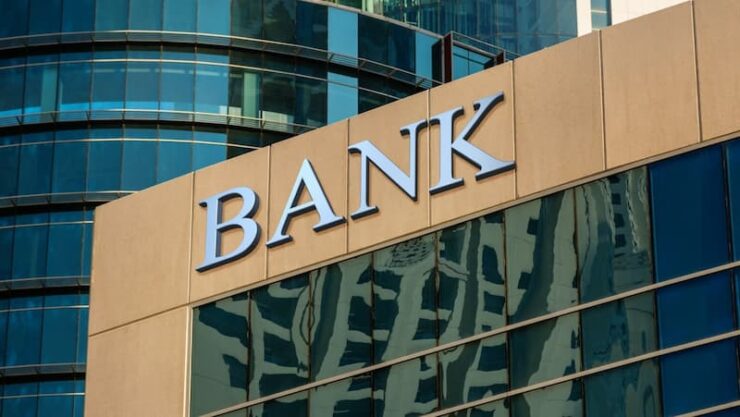Crypto firms sought federal bank charters under Trump, blending digital assets with traditional banking and stirring debates on innovation and regulation.
During the Trump administration, cryptocurrency firms took bold steps in the financial world. They aimed to connect digital assets with traditional banking.
These companies wanted federal bank charters to operate on a bigger scale. Regulatory changes encouraged their efforts. This move showed their push for legitimacy and expansion in the financial system.
Crypto Firms Enter Banking Ambitions
During the Trump administration, cryptocurrency companies like Anchorage, Paxos, and Protego took big steps to become more like traditional banks. They wanted to get federal bank charters, which would give them legal recognition and increase customer trust.
It would also allow these companies to connect directly to the Federal Reserve’s payment system and rely less on other banks to operate. Bank charters were a smart choice for these crypto firms because the rules for the industry were often unclear. This allowed crypto companies to operate more freely and confidently in the financial world.
But not everyone was on board with this. Traditional banks voiced concerns, arguing it wasn’t fair to give these advantages to crypto firms. They worried it could lead to tougher competition and increased risks since cryptocurrencies are seen as unstable and less tightly regulated.
The Role of Policy and Regulation
The rules under Trump’s administration made it easier for cryptocurrency companies to make big moves. A key player in all this was Brian Brooks, who was in charge of the Office of the Comptroller of the Currency. He was a big supporter of bringing crypto into the regular banking system.
Brooks believed that giving national charters to crypto companies could make them part of the established financial system.
He said “This could spark new ideas and create a more stable financial environment“.
Advocates of this approach hailed it as a necessary step in modernizing the financial sector to accommodate emerging technologies.
Nevertheless, skepticism abounded. Critics warned of potential systemic risks, pointing out the lack of historical precedent for combining such distinct financial players.
Questions about consumer protection and market stability fueled ongoing debates, but the trajectory was set, allowing crypto firms to push boundaries like never before.

Impacts and Lessons for the Future
Some crypto companies managed to get bank charters, but the process wasn’t smooth. When the Biden administration took over from Trump, things slowed down.
Regulators became more careful about how crypto and traditional banking should mix. They started rethinking the rules that had helped crypto firms get closer to the banking system.
Even with these changes, crypto companies left their mark. Their efforts taught important lessons about staying flexible, being innovative, and finding the right balance with regulations.
By going after bank charters, these companies showed they were willing to grow and work within the existing financial system, even if challenges like unpredictable markets and unclear rules still made things tricky.
Long-Term Implications
The actions taken during the Trump administration opened the door for ongoing talks between crypto companies and regulators.
Whether it’s applying for national charters or finding other ways to work with the financial system, the crypto industry is sticking to its goal of changing how we think about money.
For traditional banks, the rise of digital asset companies is a reminder to innovate or risk falling behind. The mix of crypto and banking is still a hot topic in the financial world.
The stricter rules may have slowed progress, but the bold decisions made during the Trump years are still influencing the financial world. These moves continue to shape ideas on the future of money and how it works.





